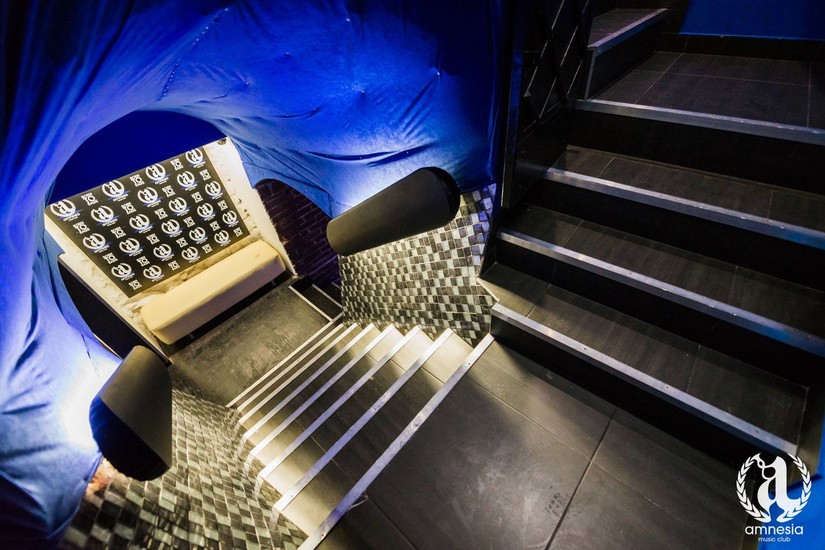
So what's a dieter to do? The ideal solution is to eat three square meals a day and avoid all between-meal eating. The bottom line: Eating after dinner tends to pack on the pounds.

Your body does not process food differently after dark, but nighttime tends to be the most sedentary time of the day, when your calorie needs are minimal.

Favorite foods for after-dark munching include ice cream, potato chips, chocolate, desserts - you get the picture. If you eat more calories at times of day when you're not expending much energy, you're likely to gain weight.īut keep in mind that it's not necessarily the time you eat that leads to weight gain, but the type of foods you tend to eat late at night. Unfortunately, this habit has got to go if you are going to lose weight permanently. No matter what the cause, eating at night usually leads to overeating, and can wreak havoc on your weight-loss diet.įor many people, late-night eating is just a habit - it's quiet at night, no one is around to see you eat, and it's a peaceful time to enjoy your favorite foods. Instead, they're a result of habit, boredom, stress, or fatigue after a long, hard day.

Does the refrigerator call your name after dark? Chances are, you satisfied your hunger at dinner, so these late-night munchies are not about being hungry.


 0 kommentar(er)
0 kommentar(er)
